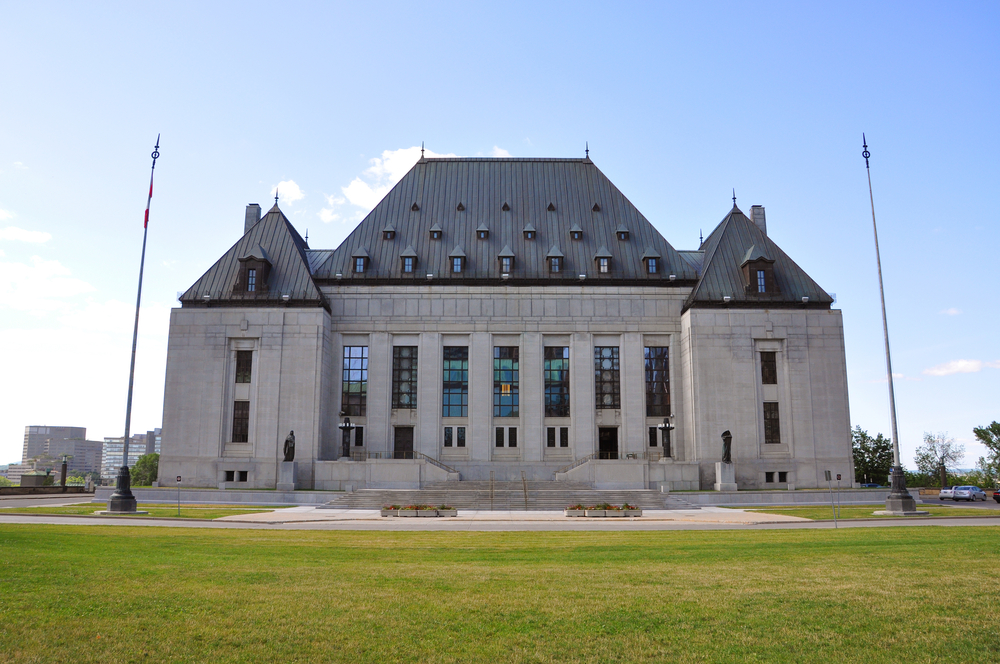On December 19, 2020 the Supreme Court of Canada remade Canadian administrative law in Canada (Minister of Citizenship and Immigration) v. Vavilov, 2019 SCC 65 (CanLII). That case involved the citizenship of a man born in Canada to Russian spies but will have a lasting impact on Ontario assessment law.
The Court set out new rules for what is known as the standard of review. That is how much deference a Court should give to administrative decision makers like the members of the Assessment Review Board. The standard of review has a long history in Canadian law, and was last reworked by the Supreme Court of Canada in 2008 in Dunsmuir v. New Brunswick, 2008 SCC 9 (CanLII), [2008] 1 SCR 190.
That case said that there are two potential standards of review: Correctness and Reasonableness. Correctness means that the Court decides the correct answer to the question at issue, giving no real regard to the decision made by the Board. Reasonableness means that the Court is to determine if the decision made by the Board is within the range of possible acceptable outcomes. Dunsmuir said that reasonableness should apply in most cases and listed four instances in which correctness should apply, including constitutional questions and questions of central importance to the legal system.
The Courts have recently held that decisions of the Assessment Review Board should be reviewed using the reasonableness standard. In cases such as Union Gas Limited v The Municipal Property Assessment Corporation, 2017 ONSC 2033 (CanLII), and VIA Rail Canada Inc. v MPAC, 2016 ONSC 5705 (CanLII), the Divisional Court applied a reasonableness standard to the Board’s decision and found the decisions to be reasonable. Those cases also state that the Board was likely correct. There are other cases where the Court finds that the Board decision was not reasonable, such as Municipal Property Assessment Corporation v Loblaw Properties Limited, 2017 ONSC 1299 (CanLII). That has all changed.
Under the process set out in Vavilov, Assessment Review Board decisions will now be reviewed on a correctness standard. This is because Vavilov created a new exception to the presumption that the reasonableness standard applies to administrative decisions. The Court said that, where the legislature has provided a statutory appeal mechanism from an administrative decision to a court, the appeal standards set out in Housen v. Nikolaisen, 2002 SCC 33 (CanLII), [2002] 2 SCR 235, apply. That case set out how appeal courts were to treat lower court decisions. It says that a correctness lens should be applied to questions of law and that questions of fact should only be interfered with if there is a palpable and overriding error. That is an entirely different framework from the historic treatment of appeal provisions in statutes like the Assessment Act. Historically those provisions were effectively ignored in the standard of review analysis. Those days are gone.
Appeals from the Board are set out in section 43.1 of the Assessment Act, which states that “an appeal lies from the Assessment Review Board to the Divisional Court, with leave of the Divisional Court, on a question of law.” That is, the only questions that Divisional Court will hear from the Board are questions of law. It logically follows that the standard that will be applied to all decisions of the Board is correctness.
This means that there will be less room for interpretation in Board decisions. They will be required to reach the same answer to questions that Divisional Court would have. The benefit of this is that pronouncements from the Court will have more binding weight. The Court will be required to provide a correct answer to the legal question. We will no longer be left with statements like those made by the Court in Municipal Property Assessment Corporation v Schumacher et al., 2016 ONSC 3239 (CanLII), “We cannot say that at any step of the analysis, the Board erred in law or behaved unreasonably in determining the issues advanced on appeal, even though other possible determinations or methods were available to it.”
We also note that whether a statute grants an appeal as of right as compared to an appeal only with leave does not change the standard of review. The Court in Vavilov was clear on that “[w]hile the existence of a leave requirement will affect whether a court will hear an appeal from a particular decision, it does not affect the standard to be applied if leave is given and the appeal is heard”.
The first Board decision that will likely be subject to the new framework is MPAC’s appeal of Zarichansky v Municipal Property Assessment Corporation, Region 2, 2018 CanLII 70341 (ON ARB). That appeal was heard in September, but no decision has yet been issued. That decision, on the impact of MPAC bearing the burden of proof, will have far reaching impacts on assessment law practice in the province. Vavilov means that Divisional Court will likely provide a definitive answer to that question.
If you have questions about appealing an Assessment Review Board decision, do not hesitate to contact NextGenLaw LLP.
.png)
